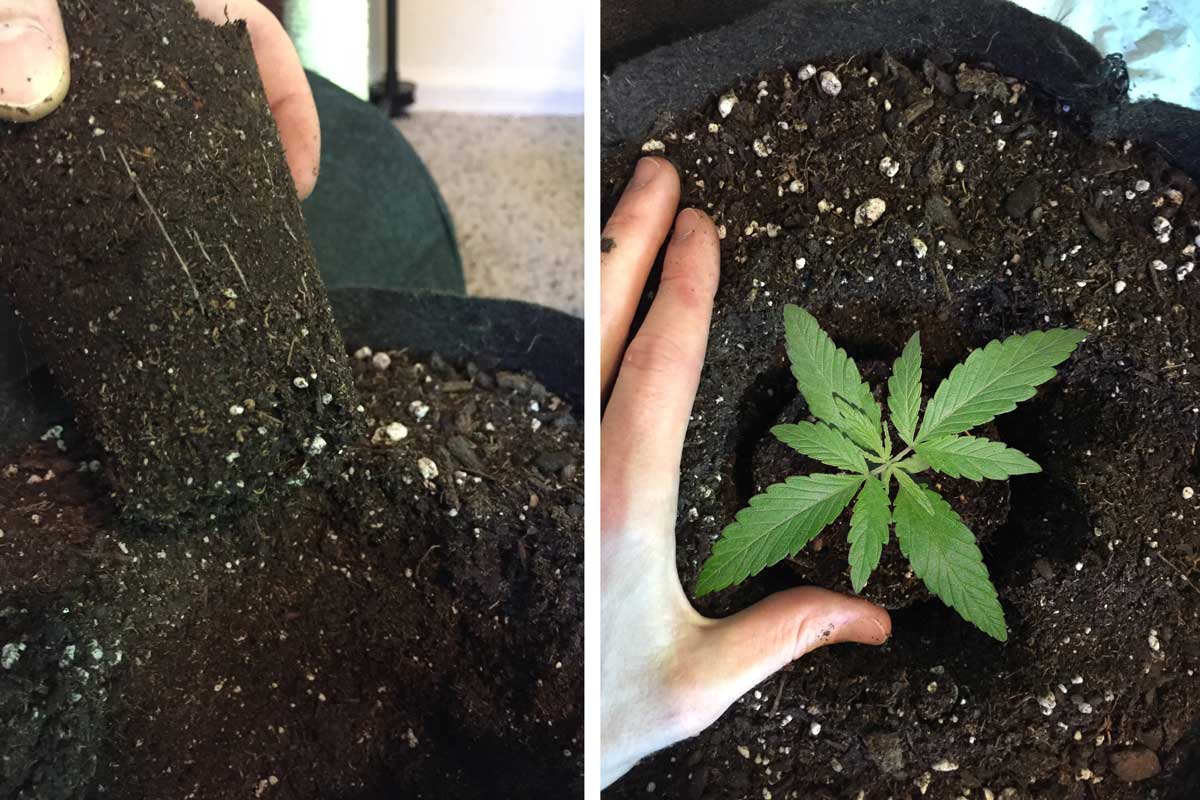In the latest many years, the discussion around sustainable farming techniques has obtained momentum, with an expanding aim on environmentally helpful alternate options. One particular intriguing player in this motion is the hashish plant, precisely its seeds. Hashish seeds have emerged as a probable recreation-changer in sustainable agriculture, offering a myriad of rewards that prolong over and above the realm of recreational and medicinal use.
The Eco-Pleasant Character of Hashish Seeds:
Hashish plants are identified for their resilience and adaptability, creating them an excellent candidate for sustainable farming. The cultivation of cannabis seeds involves much less pesticides and herbicides compared to numerous other crops, contributing to a reduction in environmental pollution. What’s more, hashish vegetation have deep root units that enable prevent soil erosion, advertising and marketing soil health and fitness and fertility.
Drinking water Performance:
H2o shortage is a considerable concern in agriculture, but cannabis has demonstrated to be a relatively water-successful crop. Cannabis vegetation have a one of a kind ability to thrive in numerous climates, from arid locations to additional temperate zones, letting for cultivation in locations exactly where water sources may possibly be limited. This adaptability helps make cannabis seeds a promising option for farmers seeking to preserve h2o and lessen their environmental effect.
Biodiversity and Crop Rotation:
Sustainable farming techniques normally emphasize the great importance of biodiversity and crop rotation to retain soil health and fitness. Cannabis suits effectively into these ideas, as its cultivation can add to crop rotation cycles, preventing the depletion of nutrition in the soil. Additionally, hashish crops aid biodiversity by offering a habitat for various bugs, birds, and microorganisms that participate in important roles in ecological stability.
Carbon Sequestration:
A person normally-missed part of cannabis cultivation is its potential to act as a carbon sink. Hashish crops absorb carbon dioxide during photosynthesis, supporting mitigate the results of climate change. When developed on pop over to these guys , cannabis has the capacity to sequester important quantities of carbon, producing it a important ally in the combat towards world wide warming.
Hemp: A Versatile and Sustainable Crop:
Inside of the cannabis household, hemp stands out as a significantly adaptable and sustainable crop. Hemp fibers can be used to generate a wide assortment of eco-welcoming solutions, together with textiles, paper, and biodegradable plastics. Hemp seeds, loaded in protein and essential fatty acids, are a healthy addition to human and animal meal plans, offering a sustainable choice to conventional crops.
Financial Added benefits for Farmers:
In addition to its environmental pros, cultivating cannabis seeds can offer economic positive aspects for farmers. The growing desire for hemp-derived merchandise, these kinds of as CBD oil and hemp-based textiles, opens up new revenue streams. As a lot more nations legalize and regulate cannabis cultivation, farmers have the possibility to diversify their crops and tap into a burgeoning market place.
Issues and Concerns:
When the potential gains of cannabis seeds in sustainable farming are promising, there are worries and concerns that can’t be disregarded. Regulatory frameworks, various authorized statuses, and the stigma linked with hashish cultivation can pose hurdles for farmers. Nevertheless, as attitudes in the direction of cannabis proceed to evolve globally, it is vital to tackle these troubles to unlock the full probable of cannabis in sustainable agriculture.
Summary:
Hashish seeds have the prospective to revolutionize sustainable farming procedures by providing a crop that is resilient, h2o-efficient, and environmentally welcoming. As the earth grapples with the urgent require for sustainable solutions in agriculture, discovering the possibilities of hashish cultivation turns into more and more essential. By embracing the ecological rewards of hashish seeds, farmers can add to a greener long term although reaping financial benefits. It can be time to realize hashish not just for its recreational and medicinal benefit but also for its role in cultivating a extra sustainable and resilient agricultural landscape.
